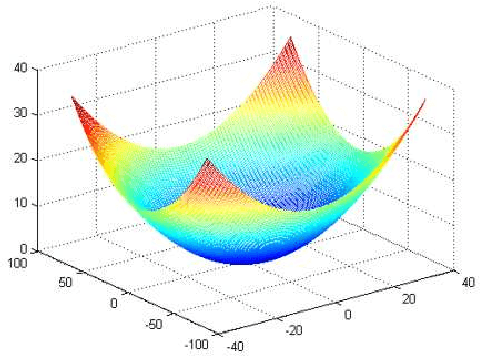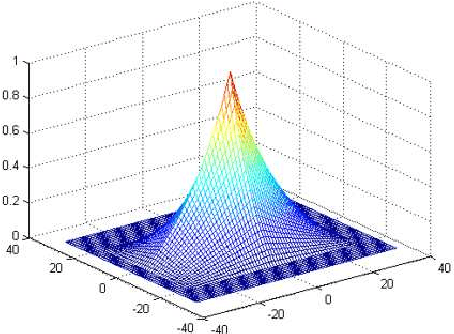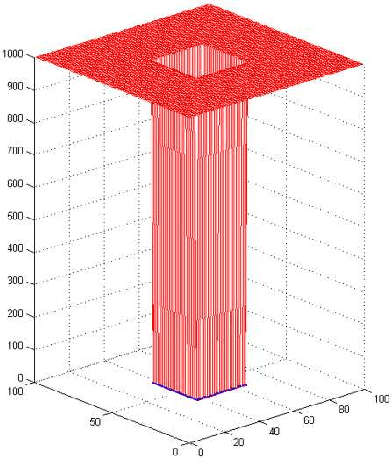On the Relations of Correlation Filter Based Trackers and Struck
Paper and Code
Nov 25, 2017



In recent years, two types of trackers, namely correlation filter based tracker (CF tracker) and structured output tracker (Struck), have exhibited the state-of-the-art performance. However, there seems to be lack of analytic work on their relations in the computer vision community. In this paper, we investigate two state-of-the-art CF trackers, i.e., spatial regularization discriminative correlation filter (SRDCF) and correlation filter with limited boundaries (CFLB), and Struck, and reveal their relations. Specifically, after extending the CFLB to its multiple channel version we prove the relation between SRDCF and CFLB on the condition that the spatial regularization factor of SRDCF is replaced by the masking matrix of CFLB. We also prove the asymptotical approximate relation between SRDCF and Struck on the conditions that the spatial regularization factor of SRDCF is replaced by an indicator function of object bounding box, the weights of SRDCF in its loss item are replaced by those of Struck, the linear kernel is employed by Struck, and the search region tends to infinity. Extensive experiments on public benchmarks OTB50 and OTB100 are conducted to verify our theoretical results. Moreover, we explain how detailed differences among SRDCF, CFLB, and Struck would give rise to slightly different performances on visual sequences
 Add to Chrome
Add to Chrome Add to Firefox
Add to Firefox Add to Edge
Add to Edge